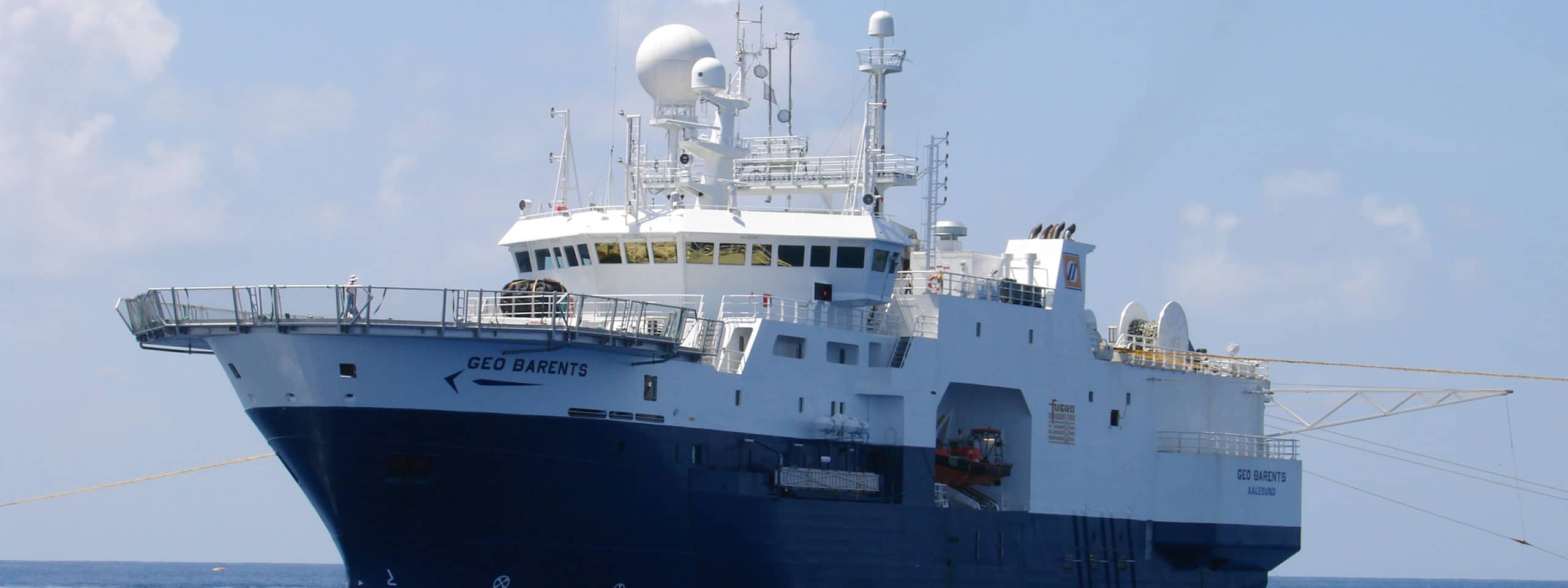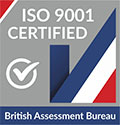When working in an offshore environment, the vessel is watertight. This means it’s also airtight, allowing an illness to spread easily among a crew. In February 2016, Remote Medical International QHSE Manager Jason Griffin saw 46 crew members affected by the flu on a ship near Mexico, the illness spreading quickly because of the close proximity.
“You could watch the infection go from one side of the room to the other and it was pretty intense,†said Griffin.
The flu can take just a few days to recover from with the right treatment, and the comfort of home is part of the remedy. But what happens when you’re in an offshore environment, working on an oil rig or on a vessel? Not only is an individual’s health at risk, but an entire crew’s.
We now have additional insight to the offshore environment, including how to deal with illnesses aboard an oil rig or vessel since we acquired HSE Offshore. As we expand our oil and gas offshore medical capabilities, we are proud of the exceptional work and support HSE Offshore provides for workers in the oil & gas industry.
According to HSE Offshore Managing Director Ruth Jones, the flu can cause damage to an offshore project because the infected worker could spread the illness to the whole crew and even the medics.
During crew changes, oil rigs are exposed to new workers who could have had flu symptoms prior to boarding. Once the crew members are on the project site, it is difficult to contain the illness to just one person and medics must treat the patients in isolation.
“If people are bedridden, they can’t get the job done and the project could potentially grind to a halt,†said Jones.
According to Griffin, the ship experienced a crew change before the 12 crew members fell ill with the flu.
“You can’t really prevent it, because in the industrial setting there is no way to manage those who show up. You just hope they are healthy,†said Griffin.
When a crew member has flu symptoms, an HSE Offshore or Remote Medical International medic contacts the Operations Installation Manager and topside assistance, and alerts crew members to be aware of the illness and encourage hand washing. Treatment is similar to an onshore environment—a medic will administer antibiotics or give cold or flu treatments—but the patient must recover in a setting that is usually uncomfortable.
“An oil rig is a harsh environment that is noisy, loud, and not a comfortable place. If you have flu symptoms, every bone in your body is aching, and the oil rig is the last place you want to be,†said Jones. “That’s the difference, at home, you have your bed and you can take medication and use whatever you need.â€
For Griffin and his crew, some sick members were the cooking staff. In this case, they were not allowed near the food while sick because they could have put the entire ship at risk.
“There are so many other factors that you take for granted, for instance, you shouldn’t eat together if you’re sick and you shouldn’t take food back to the room. You really are stuck,†said Griffin.
Crew members usually share rooms on an offshore vessel and there are few other vacant rooms. According to Jones, medics will designate certain bedrooms for workers who have the flu to keep the infection from spreading, which means healthy workers may also need to find other locations to sleep.
“Having so many people sick is a danger on a ship since they are minimally manned and do not take into account missing people for illness,†said Griffin.
Medics can also be at risk. Griffin had to make sure the shared spaces were sanitized and they continually washed their hands.
In one case with HSE Offshore, a crew member contracted the flu and a medic started feeling symptoms themselves. After contacting topside assistance and communicating the situation, the medic placed all infected crew members in isolation and took them off of their work schedules to recover. Through treatment and isolation, the medic and crew members recovered.
To prevent illnesses like the flu in an offshore setting, medics promote hand washing and instruct crew members not to touch infected surfaces. HSE Offshore and Remote Medical International also provides health and wellness presentations, posters, and information on topics including personal hygiene to educate crew members on how to stay healthy in an offshore setting.
“Cleaning the ship is the single most important thing that needs to happen,†said Griffin.


